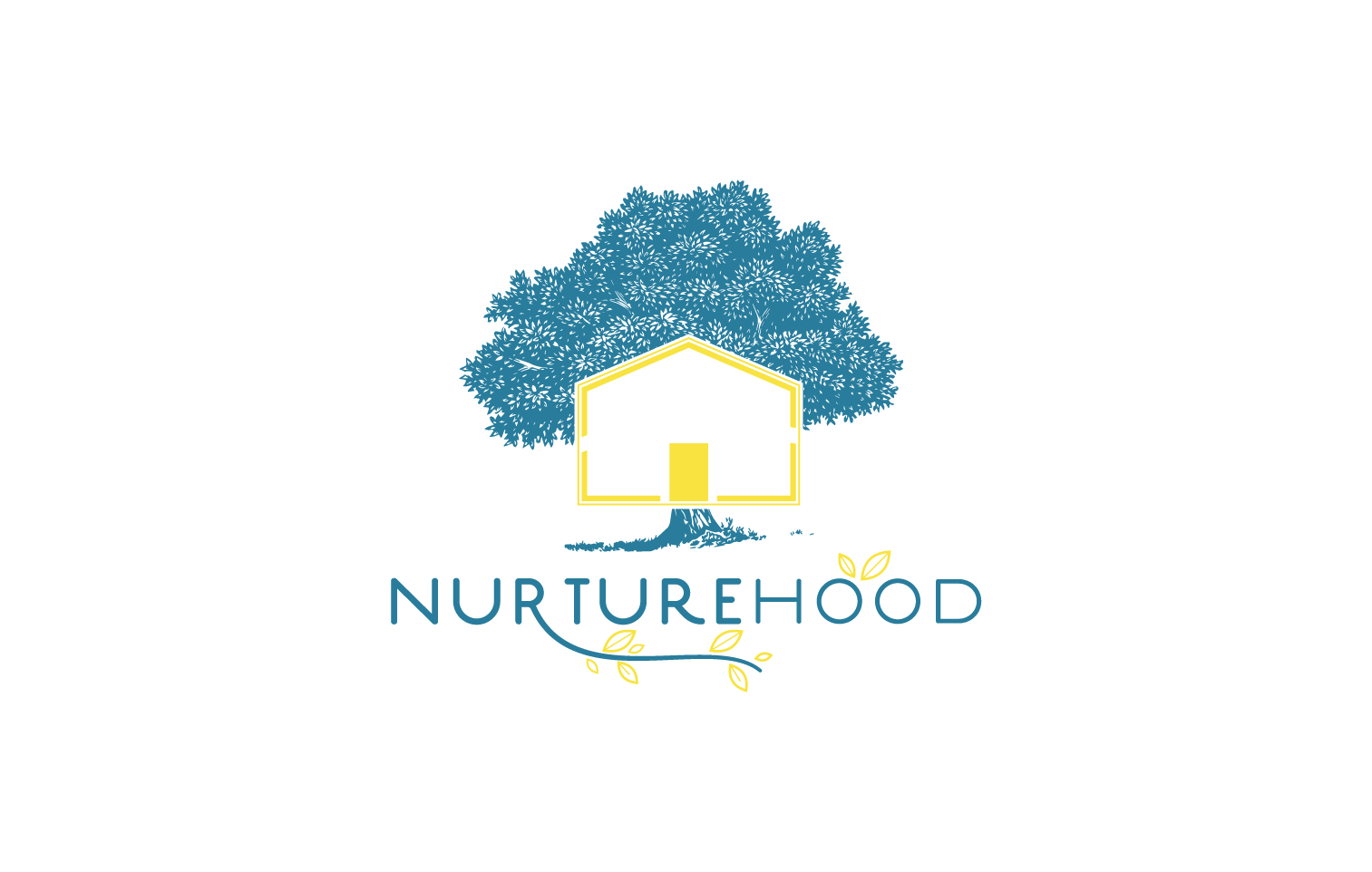Friendship is a timeless treasure that enriches life at every age, but it holds special significance during the senior years. Social connections not only bring joy and companionship but also play a vital role in maintaining mental and emotional wellness. Celebrating Friendship Day is a wonderful reminder of the positive impact that meaningful relationships have on seniors’ overall health and happiness.
The Importance of Social Bonds in Later Life
As people age, life circumstances often change—children may move away, retirement alters daily routines, and health concerns can limit social activities. These shifts may reduce opportunities for regular social interaction. However, staying connected with friends and loved ones remains essential.
Strong social bonds provide emotional support, reduce feelings of loneliness, and encourage a sense of belonging. For seniors, friendships offer outlets for sharing experiences, laughter, and meaningful conversations, all of which nurture emotional wellness.
Mental Health Benefits of Friendship
Social engagement helps keep the mind active and sharp. Meaningful interactions challenge the brain by promoting communication, empathy, and problem-solving skills. Studies have shown that seniors with robust social networks tend to have better cognitive function and a lower risk of memory decline.
Friendship also plays a critical role in managing stress and anxiety. Knowing that someone cares and is available to listen offers comfort and reassurance. Sharing worries and joys alike can lighten emotional burdens and increase resilience.
Physical Health Advantages Linked to Social Connections
The benefits of friendship extend beyond mental health to physical well-being. Regular socializing encourages seniors to remain active, whether it’s meeting for a walk, attending group events, or participating in hobbies. Physical activity combined with social support promotes heart health, mobility, and overall vitality.
Moreover, friendships encourage healthy habits. Friends can motivate each other to maintain balanced diets, adhere to medical advice, and keep medical appointments. These positive influences contribute to longer, healthier lives.
Ways Seniors Can Foster and Maintain Friendships
1. Stay Connected Through Technology
Technology offers wonderful opportunities for seniors to keep in touch with friends and family regardless of distance. Video calls, social media, and messaging apps help bridge gaps and create a sense of closeness.
2. Join Clubs and Community Groups
Local clubs, senior centers, and hobby groups provide great environments to meet new people and cultivate friendships. Whether it’s book clubs, gardening groups, or art classes, shared interests lay the groundwork for lasting bonds.
3. Volunteer and Give Back
Volunteering is a powerful way to connect with others while contributing positively to the community. Engaging in volunteer work can create meaningful friendships and instill a strong sense of purpose.
4. Attend Social Events and Activities
Seniors can benefit greatly from attending social gatherings such as community dinners, dances, or religious services. These settings offer relaxed, enjoyable ways to meet and interact with others.
Nurturing Existing Friendships
Maintaining close friendships requires time and effort. Simple gestures such as regular phone calls, sending cards, or sharing stories help keep connections strong. Showing genuine interest, offering support, and being a good listener deepens emotional ties.
Being flexible and understanding with friends, especially when health or mobility issues arise, ensures that relationships continue to flourish despite life’s changes.
Encouraging Intergenerational Connections
Friendships across generations can be especially rewarding. Seniors and younger people alike benefit from exchanging perspectives, learning from one another, and building bridges of understanding. Grandchildren, neighbors, or younger friends add vibrancy and new energy to social circles.
The Role of Social Bonds in Combating Loneliness
Loneliness is a common concern among seniors and can negatively impact mental and physical health. Cultivating friendships is one of the most effective ways to combat loneliness. Regular interaction fosters feelings of acceptance and reduces isolation.
Social support networks provide a safety net during difficult times, whether coping with loss, illness, or everyday challenges. Feeling connected helps seniors maintain hope, positivity, and motivation.
Building Confidence Through Friendship
Positive social experiences boost self-esteem and confidence. Friends celebrate successes, encourage new activities, and provide gentle encouragement during setbacks. This emotional uplift can inspire seniors to try new things, stay engaged, and embrace life fully.
Conclusion
Friendship is a powerful cornerstone of mental and emotional wellness in the senior years. Meaningful social bonds enrich life, provide support, and promote overall health. By fostering and nurturing friendships, seniors can enhance their quality of life, stay mentally sharp, and enjoy emotional comfort.
On Friendship Day and every day, celebrating these connections reminds us of the profound value of companionship and the joy it brings. Building and maintaining friendships is a wonderful way to support well-being and create lasting happiness throughout life’s journey.

